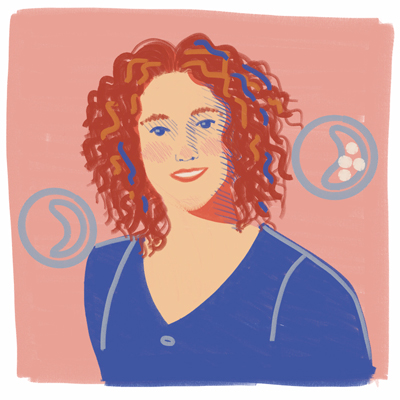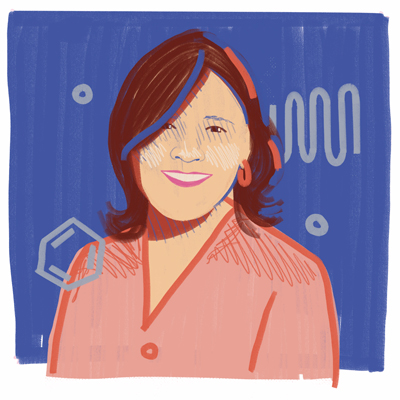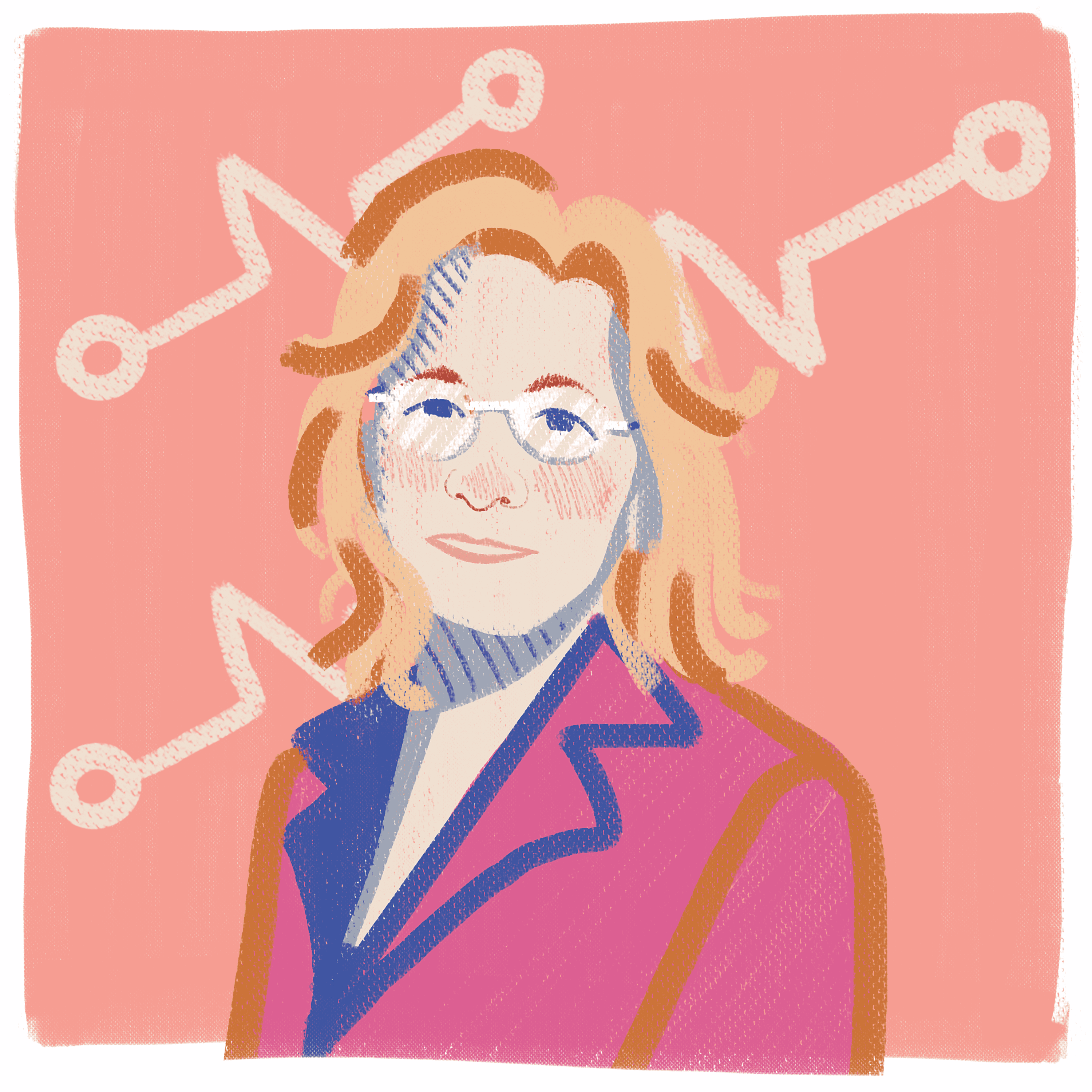Professor Abigail Tucker

Abigail Tucker obtained her DPhil from Oxford University in 1996 in the lab of Prof Jonathan Slack. She then worked as a post-doctoral fellow at Guy’s Hospital, London, in the labs of Prof. Paul Sharpe and Prof. Andrew Lumsden. She set up her own lab as a Wellcome Trust Research Career Development fellow in the MRC Center for Developmental Neurobiology at King’s.
She moved to the department of Craniofacial Development within the Dental Institute at King’s College London and was promoted to Professor in 2015. She is currently a holder of a Wellcome Senior Investigator Award. The lab is currently receiving funding by the Medical Research Council (MRC) and the Biotechnology and Biological Science Research Council (BBSRC).
Professor Tucker is a fellow of the Royal Society of Biology, of the Anatomical Society and of the Higher Education Academy. She is a member of the Editorial board of the Journal of Anatomy, Journal of Dental Research and Developmental Dynamics and sits on grant panels for the Wellcome Trust, Action on Hearing Loss and the Anatomical Society.
Abigail’s research interests are: the development of the head, with particular focus on the development and regeneration of ear, jaw joint, dentition and cranial glands. The formation of these structures is quite a complex phenomenon, as it involves epithelial-mesenchymal interactions. Tucker’s lab is interested in the signalling molecules that control patterning and shape and the influence of embryonic origin. The lab also studies how evolution shapes human faces and how development can be used to unveil the mechanisms behind evolutionary change.
She won her first Cheryll Tickle Medal from the British Society of Developmental Biology in 2016. This award recognizes women’s research in this area. She also won the King’s Faculty Supervisory Excellence award in 2011 and 2015, and the Fellow of the Year award by the Anatomical Society, in 2014.
Her research was funded by a Wellcome’s Trust Investigator Award in Science. This prestigious award was essential for her to delve into the middle ear, but also provided great flexibility for Abigail to explore other areas as they were discovered.
The way she sees it, diversity in STEM is important, as it allows different voices to be heard, with new thoughts and different perspectives. As a biologist, the initial challenges she faced were not as great as those faced by physicians and chemists. However, when she became a professor, gender imbalances become clear.
“I would like young female researchers to know that it is possible to have children, work part-time and still do well at work. It is a tough balance but it’s worth it. I think it’s great that schemes in the UK, like Athena SWAN, now help women in research and I’ve been blessed to have very encouraging mentors.”


